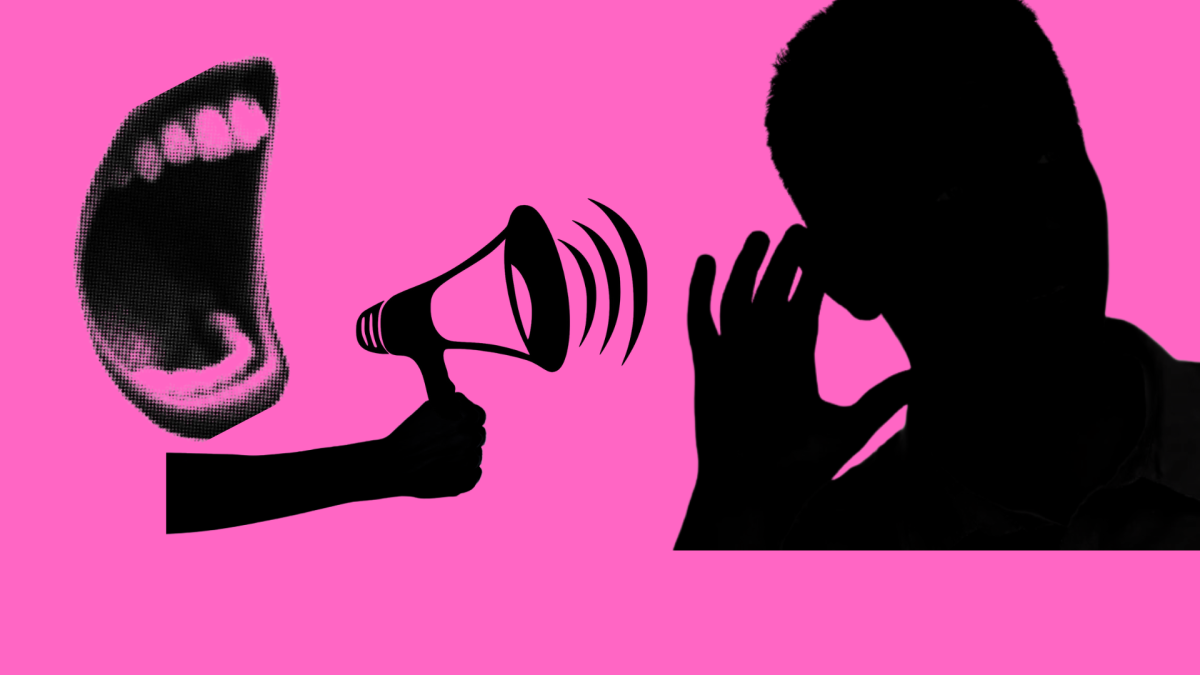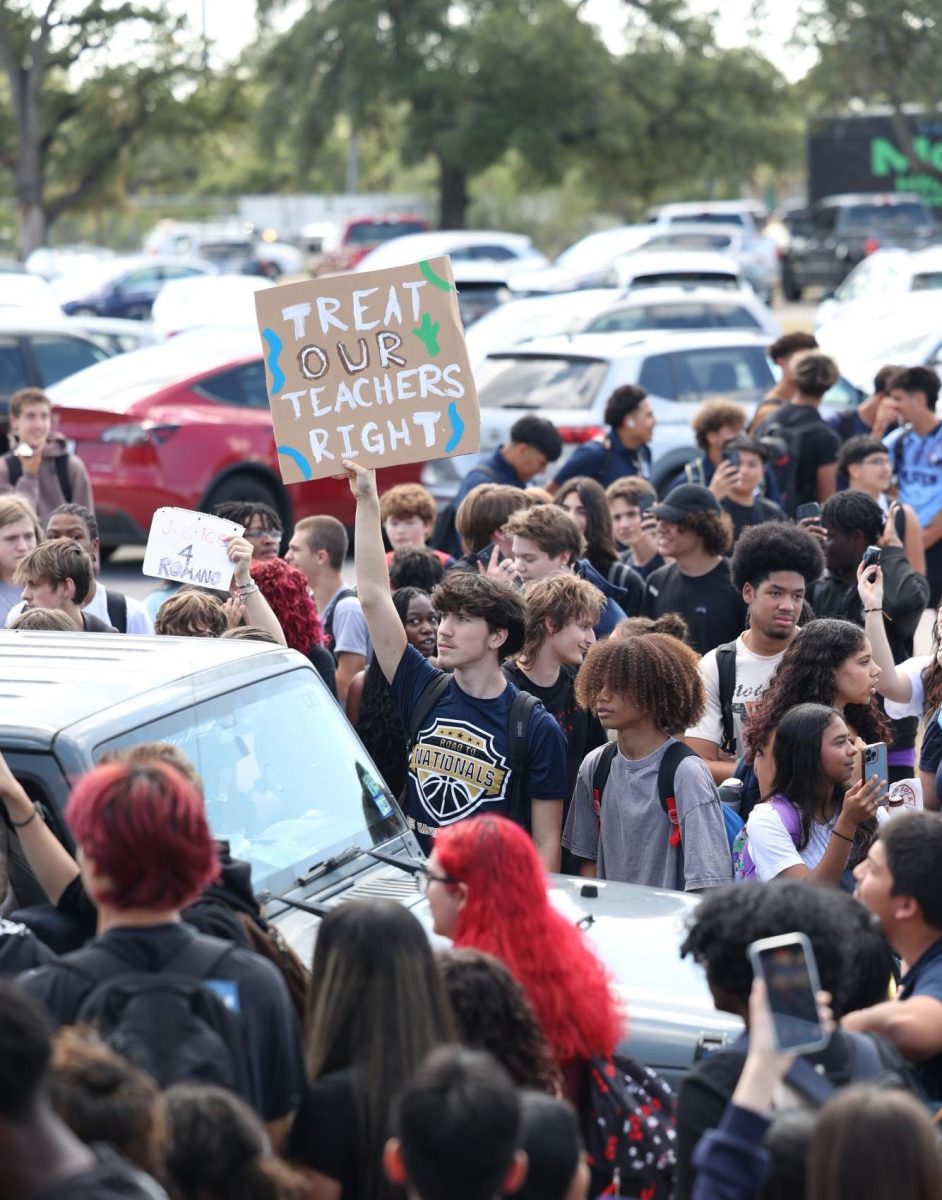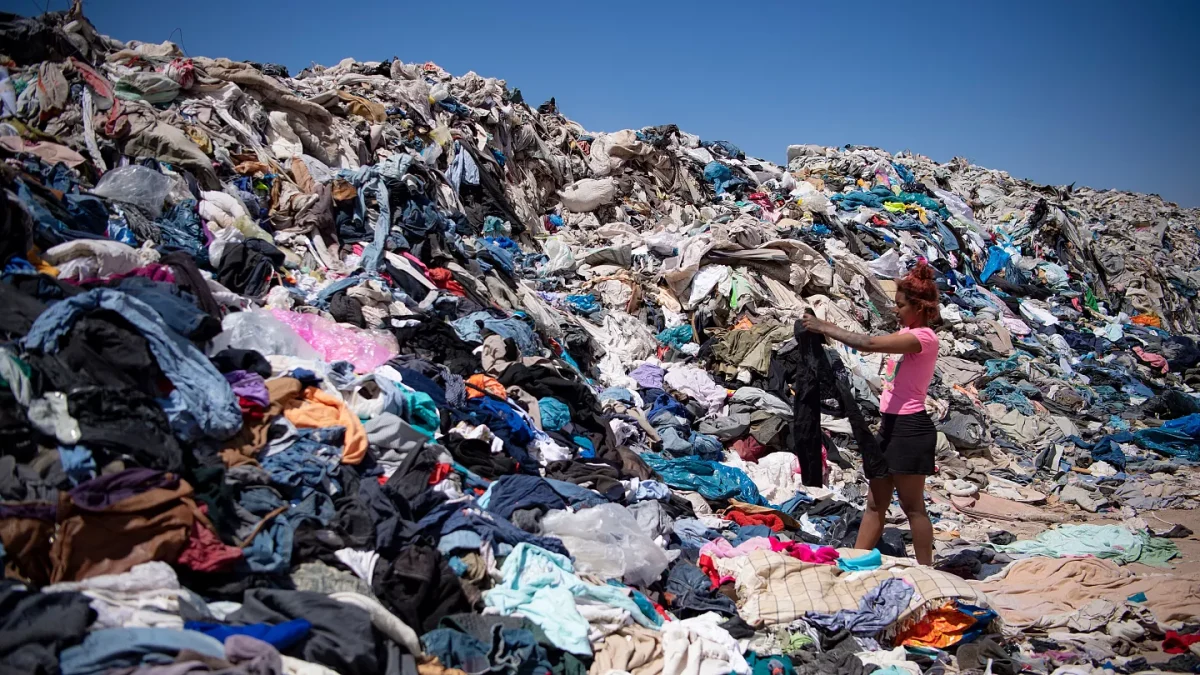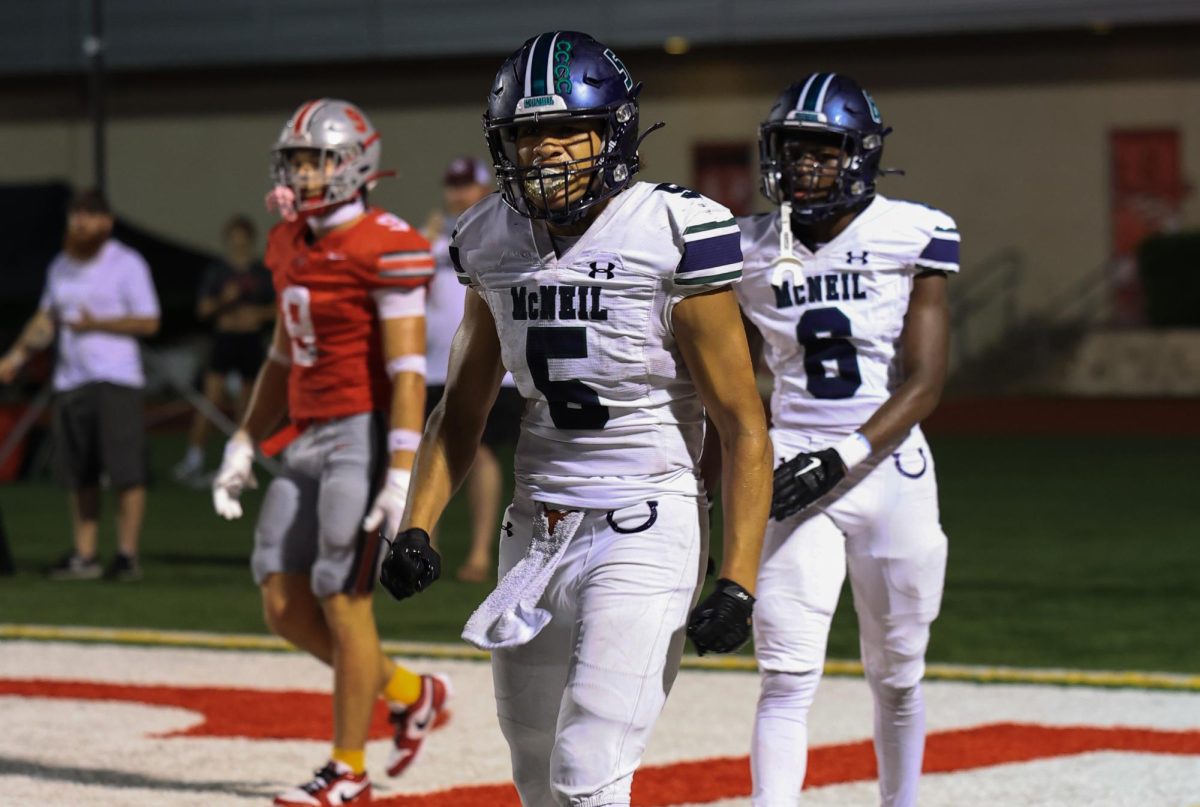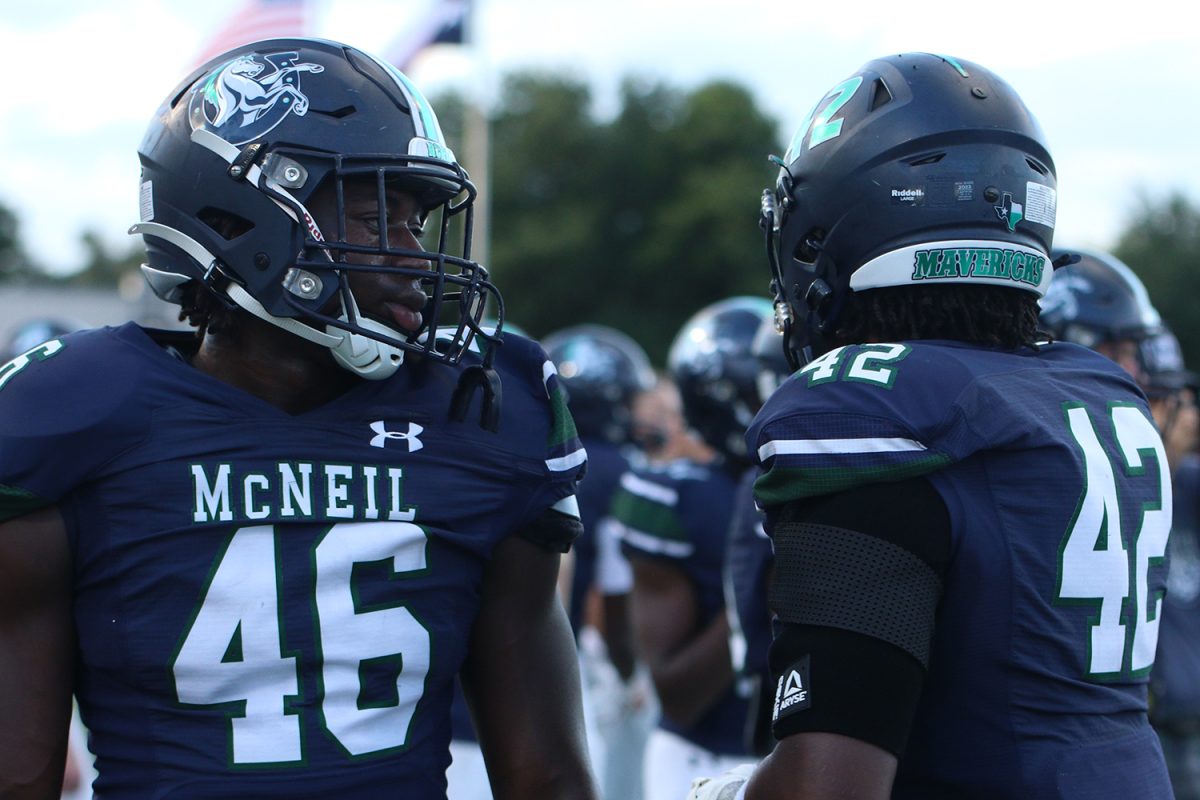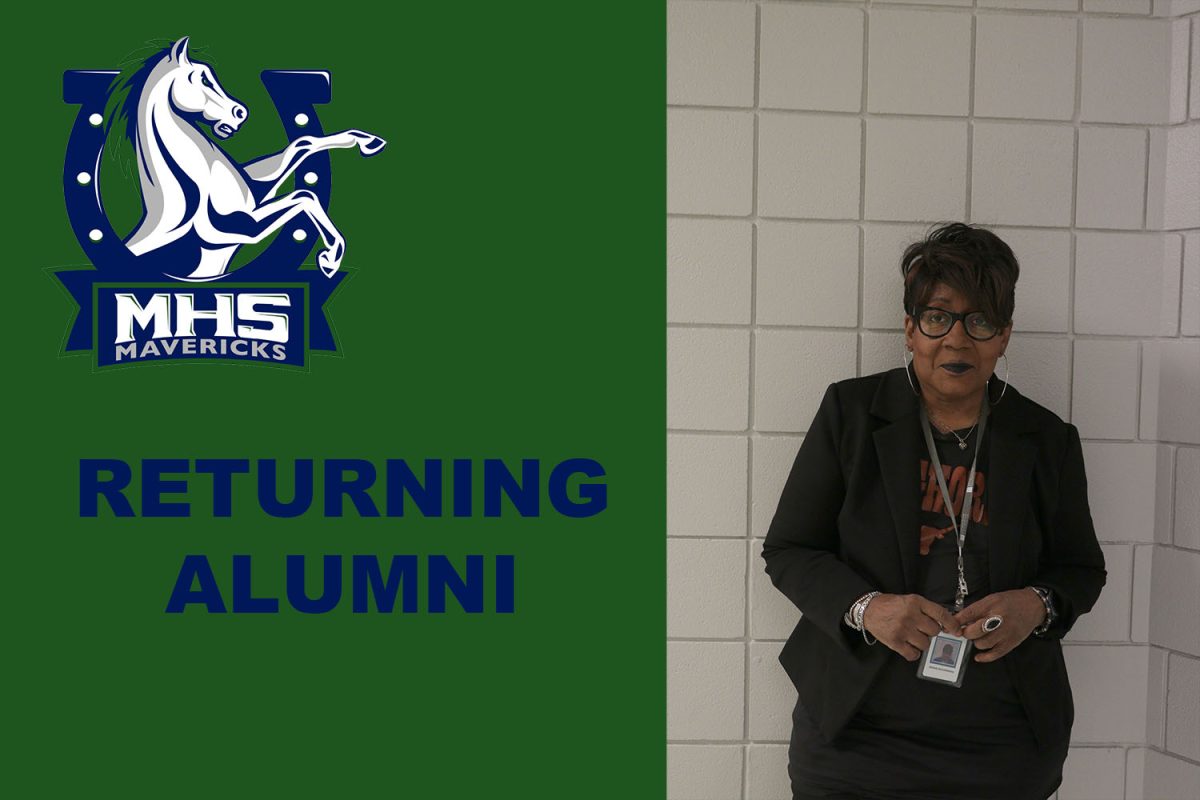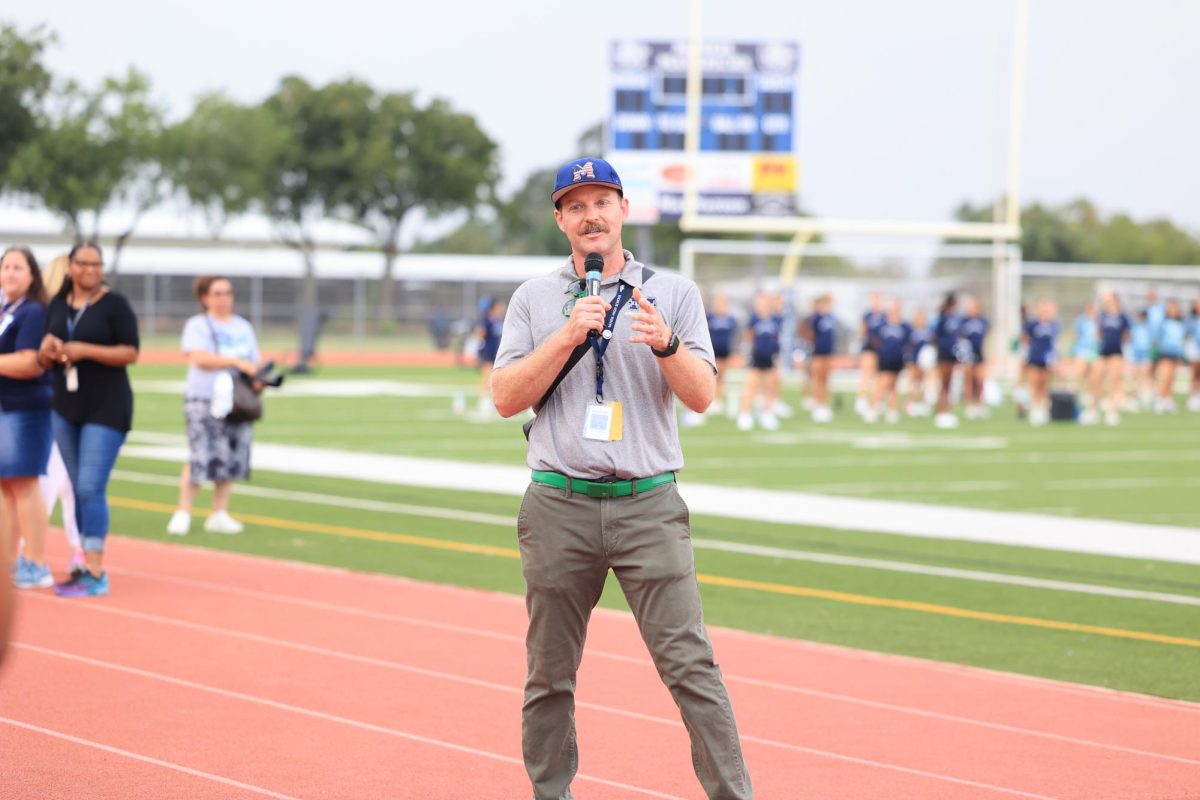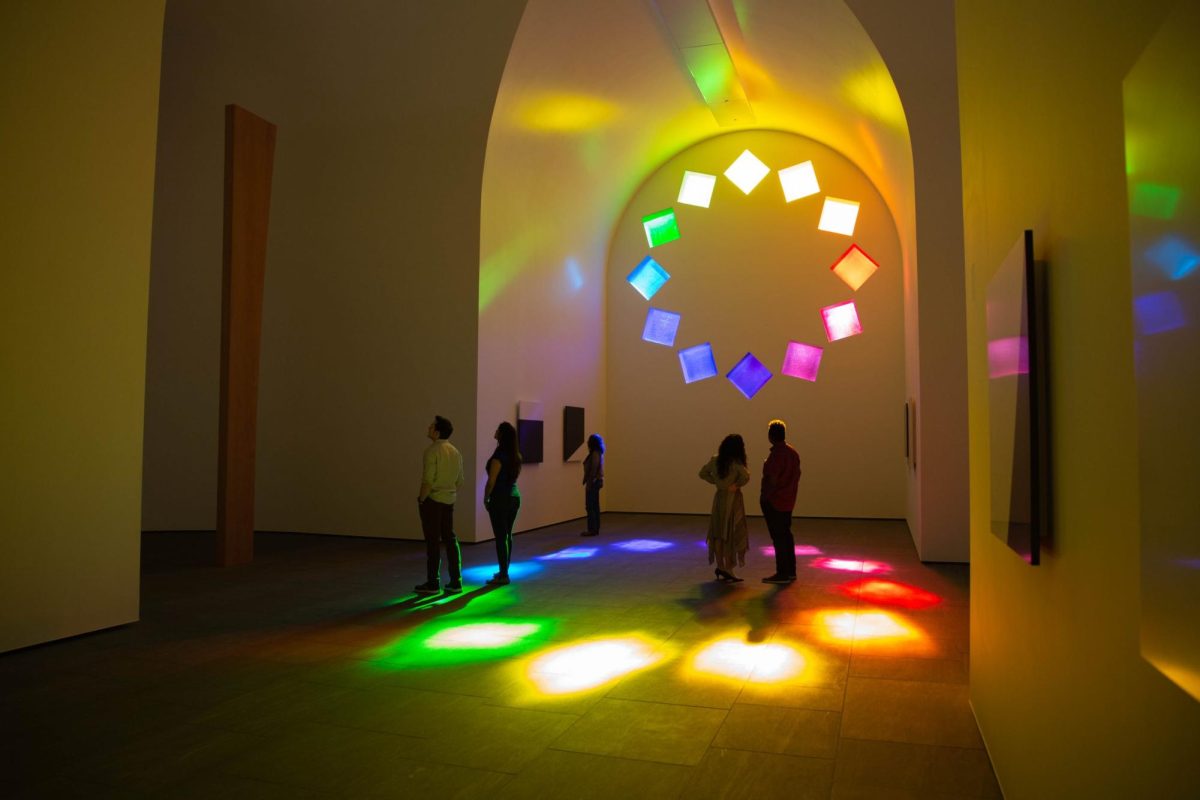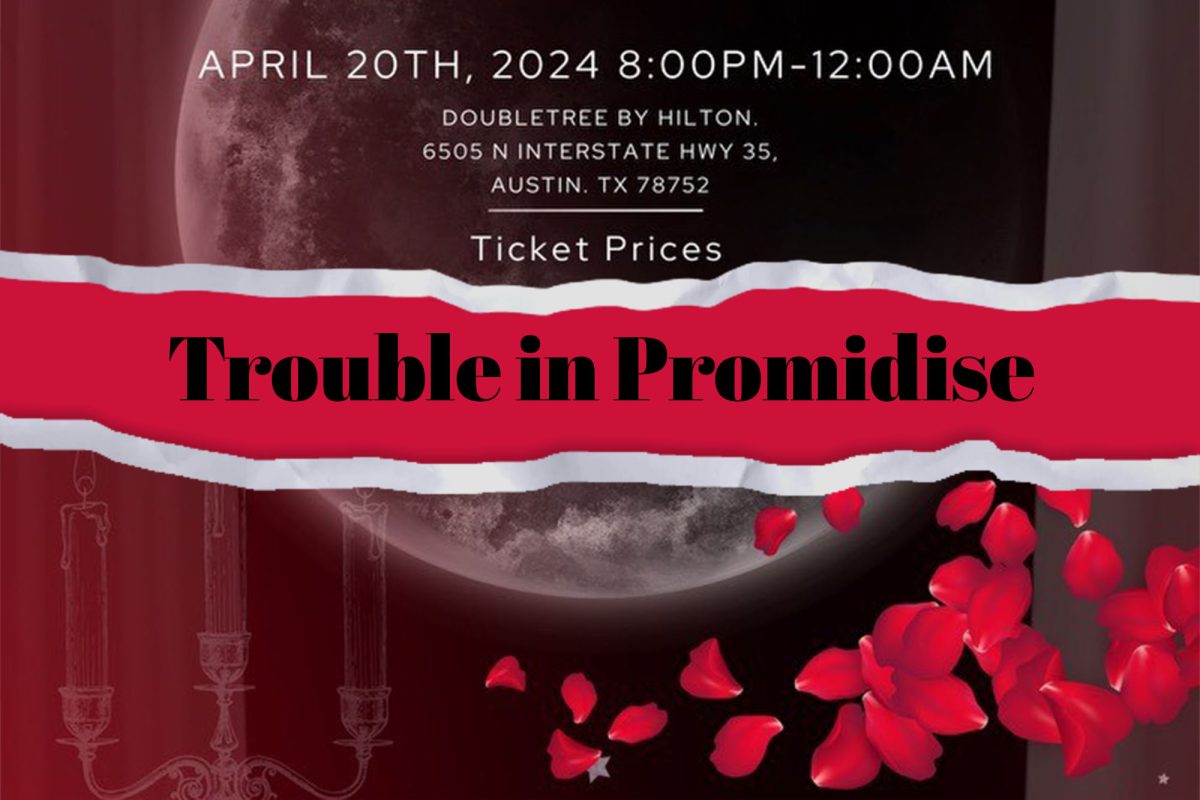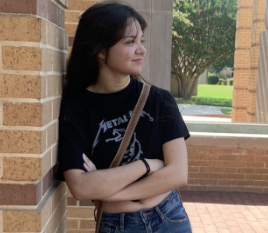My Little Pony is a children’s show, beginning in 1982 and continuing until today. For 41 years, this program has slipped under everyone’s noses as shallow and silly, but it might be deeper than anyone has realized. In fact, My Little Pony effectively parallels their characters and songs to reflect real life and show the new generation the difference between right and wrong at an early age.
A perfect example of this is present in their most recent movie, “My Little Pony: A New Generation.” This film takes place years after the recently ended era of the TV show, and “pony-racism” has befallen Equestria, their country. The unicorns, pegusi and earth-ponies are all separated from each other and Sunny, the main character, attempts to bring the three races together. Conflict arises when Spout, the antagonist and an obvious parody of political figures at the time, plots to keep the public segregated by spreading stereotypes and encouraging the ponies to fight against integration.
To start with inherent, surface-level symbols: Sprout’s character details are vital. He is drawn as an Earth-pony with an orange body and a blonde mane, plainly modeling the president during the release of the movie. This paralleling of reality and fiction allows viewers to see with clarity. Additionally, with Sprout’s background – his position as a sheriff – he could represent anyone in a higher position of power who becomes corrupt. Even his position as the villain will allow younger viewers to understand that his behavior is bad and anyone who models it should be looked down upon. In summary, setting up Sprout as a corrupt politician from the present day creates the condemnation of racism by framing Sprout’s motivations and goals as negative, as he is clearly written to be an antagonist.
Getting into the deeper meanings, there must be an analysis of the lyrics in Sprout’s single “Danger, Danger.” The complexity of the writing in My Little Pony becomes clear in this song, as Sprout uses a variety of manipulation techniques which politicians also use often. This educates viewers to recognize these techniques and types of language as a non-valid form of argument.
The first technique to arise, “Ingroup-Outgroup,” otherwise known as the social categorization and distinction between an “Ingroup,” or body of people which are associated with the leader and each other, and an “Outgroup,” or anyone else who is not in the ingroup. Sprout specifically says, “Outsiders creep up slow and steady, wings glistening, horns at the ready. // Think what they could do to the status quo!” The usage of the word “outsiders,” builds the fault line between the earth-ponies, and the unicorns or pegasi. The ingroup-outgroup technique builds loyalty between followers and the leader, as they feel distrustful of anyone outside of the ingroup.
The second manipulation technique that Sprout utilizes is the creation of enemies. Politicians love to create enemies because it creates allies: the enemy of an enemy can be a friend. Additionally, once there is a target for hatred, followers unite under the leader and their hatred. Also united, are people who originally were not supporters, and just held resentment against the enemy- meaning that enemies gather support in general.
The quotes, “They’re gonna steal, thunder and pillage! // They’re gonna take over the village!” and “Gather in groups and ready your lungs!! // Holler your pent-up aggravation!” illuminate this enemy-creation. The first quote is simply harmful stereotypes that Sprout spreads in order to demonize the pegasi and unicorns, which are not grounded in any truth. Furthermore, the second quote is Sprout encouraging the effects of illustrating an enemy: gaining followers and mobs who will come together against this imaginary, slandered enemy. Enemies also assist the “Ingroup-Outgroup” technique, as generalization allows anyone who approves of, resembles, or lives under the enemy to be associated with the enemy. Eventually, what was once only one adversary forms into a group of adversaries.
The third manipulation technique is possibly the most common one used by politicians, fear. “You might not have a bale of hay to borrow, // Are you saddled with your sorrow? // Are you scared about tomorrow?” Sprout speaks to fear, the human nature of selfishness and need for survival, by portraying a future which is threatened by the unicorns and pegasi. Sprout also moves his followers by directly saying that the other ponies are dangerous, (ergo, the title of the song.) The usage of fear calls people to move and fight for, in their perspective, safety.
The target audience of My Little Pony – girls four to 12 years old – is what makes this important. This young demographic is absorbing these messages fighting for impartiality and kindness. These girls will eventually grow up to become women who influence the world and contribute positively due to the lessons implemented into their personalities from this show. My Little Pony is raising an entire generation who will change the world.
In My Little Pony, reflections of reality and guide the audience how to navigate life as they grow. That is a heavier responsibility than many realize, as the foundations of morals are built through our absorption and observations made as children. However, My Little Pony successfully integrates prominent themes of equality, love, and friendship.

